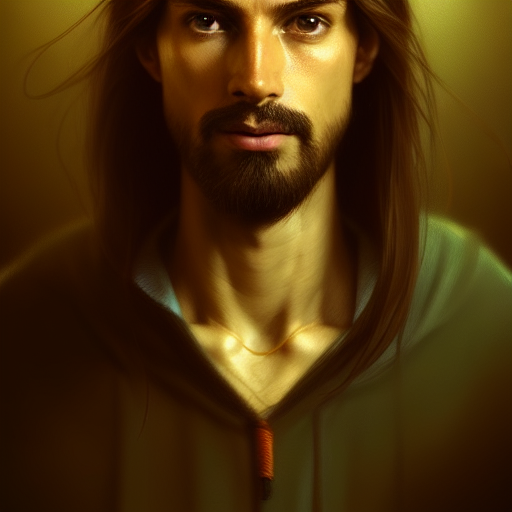The Messiah and His Coming: Isaiah 7:14; Isaiah 53:1-12; Zechariah 9:9-10

One of the most fascinating aspects of the Bible is its prophetic nature. The Old Testament contains many prophecies about the Messiah, the anointed one who would come to save God’s people from their sins and establish his kingdom of peace and justice. In this blog post, we will look at three passages from the prophets Isaiah and Zechariah that reveal some important aspects of the Messiah and his coming.
The first passage is Isaiah 7:14, which says: “Therefore the Lord himself will give you a sign: The virgin will conceive and give birth to a son, and will call him Immanuel.” This prophecy was given to King Ahaz of Judah, who was facing a threat from the northern kingdom of Israel and Syria. God promised to protect Ahaz and his dynasty, but Ahaz refused to trust God and instead sought help from Assyria. God then gave him a sign of a miraculous birth that would indicate the presence of God with his people. The name Immanuel means “God with us” and implies that the child would be more than a human king, but a divine savior.
The second passage is Isaiah 53:1-12, which describes the suffering servant of the Lord who would bear the sins of many and make intercession for them. This passage is one of the most detailed and explicit prophecies about the Messiah’s death and resurrection. It says: “He was despised and rejected by mankind, a man of suffering, and familiar with pain. Like one from whom people hide their faces he was despised, and we held him in low esteem. Surely he took up our pain and bore our suffering, yet we considered him punished by God, stricken by him, and afflicted. But he was pierced for our transgressions, he was crushed for our iniquities; the punishment that brought us peace was on him, and by his wounds we are healed. We all, like sheep, have gone astray, each of us has turned to our own way; and the Lord has laid on him the iniquity of us all.” The passage goes on to say that he would be cut off from the land of the living, assigned a grave with the wicked, but also with the rich in his death. It also says that he would see the light of life and be satisfied by his knowledge, that he would justify many by his righteous act, and that he would be exalted by God.
The third passage is Zechariah 9:9-10, which predicts the triumphal entry of the Messiah into Jerusalem. It says: “Rejoice greatly, Daughter Zion! Shout, Daughter Jerusalem! See, your king comes to you, righteous and victorious, lowly and riding on a donkey, on a colt, the foal of a donkey. I will take away the chariots from Ephraim and the warhorses from Jerusalem, and the battle bow will be broken. He will proclaim peace to the nations. His rule will extend from sea to sea and from the River to the ends of the earth.” This prophecy contrasts the humble and peaceful nature of the Messiah with the proud and violent nature of human kings. The Messiah would not rely on military might or political power, but on God’s grace and truth. He would bring peace not only to Israel but to all nations.
These three passages are only a sample of the many prophecies about the Messiah in the Old Testament. They show us that God had a plan to send his Son into the world to save us from our sins and to establish his kingdom of righteousness. They also show us how Jesus Christ fulfilled these prophecies in his birth, death, resurrection, and ascension. As we read these passages today, we can rejoice in God’s faithfulness and love for us, and look forward to his second coming when he will complete his work of redemption.

